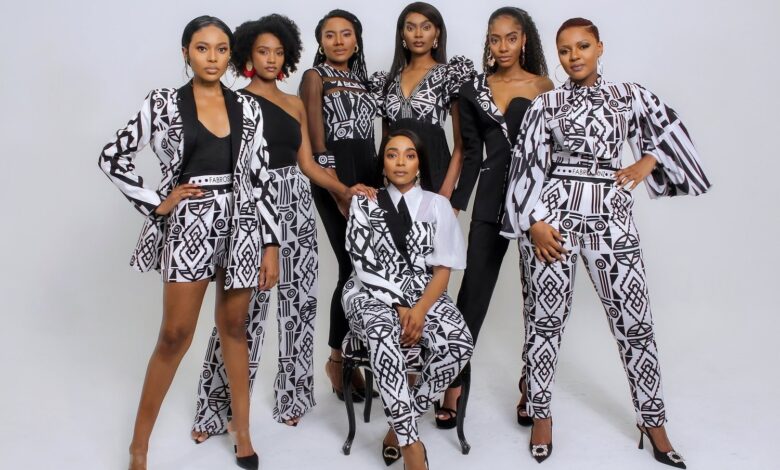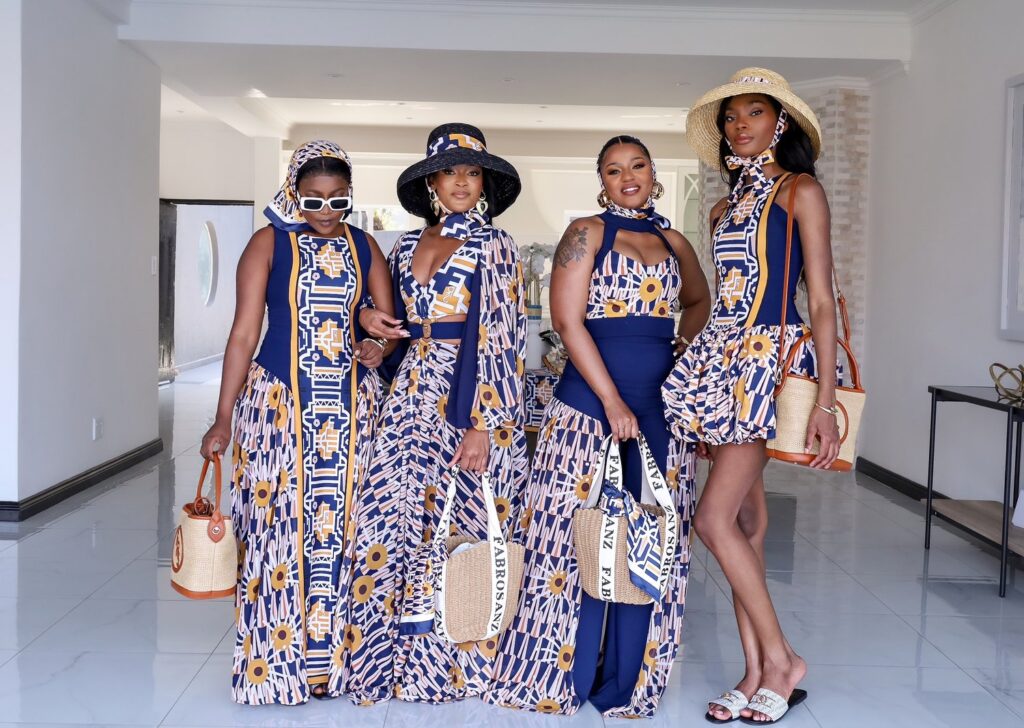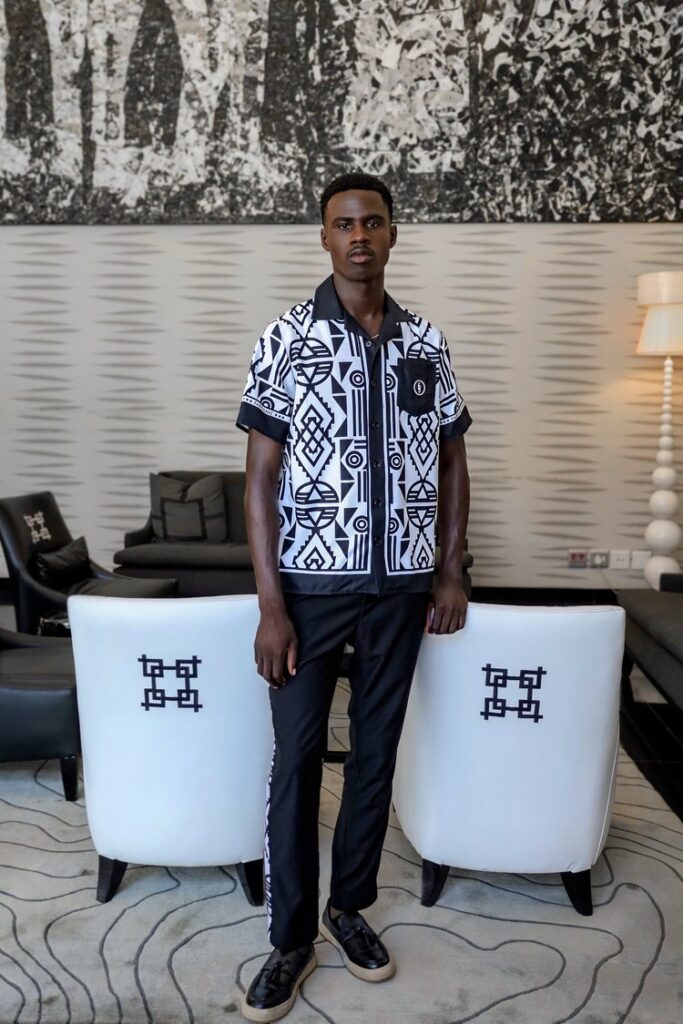How House of FabroSanz Became a Leading African Fashion Brand

How House of FabroSanz Became a Leading African Fashion Brand. In 2011, amidst the vibrant energy of the FIFA World Cup in South Africa, Sandisiwe “Sandi” Mazibuko found herself inspired. Born and raised in KwaDabeka, a township in KwaZulu-Natal, Sandi was deeply rooted in Nguni culture. Observing the sea of soccer jerseys, she envisioned an alternative: dresses that celebrated South African pride with elegance. She began crafting “World Cup Celebration Dresses,” adorned with South African flag badges and personalized touches. The positive reception to these creations ignited the spark for what would become House of FabroSanz.
Cultural Heritage Meets Contemporary Fashion
House of FabroSanz, often abbreviated as FRS, standing for Fabulous Royalty San, was founded with a clear mission: to showcase the diversity of African cultures through quality ready-to-wear clothing. Sandi’s designs are renowned for their bold, colorful, and intricate patterns, often incorporating Nguni prints that pay homage to her heritage. She believes that African prints shouldn’t be confined to traditional events but should be integrated into everyday fashion, allowing individuals to express their cultural identity daily.

Strategic Growth and Market Expansion
Starting with pop-up shops in various cities in 2014, Sandi tested her designs directly with consumers, gathering invaluable feedback. Recognizing the potential of e-commerce, she established an online store, which steadily grew despite challenges like the COVID-19 lockdowns. In May 2022, marking a significant milestone, House of FabroSanz opened its flagship store in Sandton’s Nelson Mandela Square. This move not only increased brand visibility but also solidified its presence in the luxury fashion market.
Innovative Designs Rooted in Tradition
One of the brand’s standout innovations is the Nguni Print® collection. Drawing inspiration from the traditional art of the Nguni tribe, the designs incorporate elements like Zulu beadwork, Xhosa black stripes, and Ndebele geometric patterns. These prints are not mere aesthetic choices; they carry cultural significance, telling stories of heritage and identity. By translating these traditional motifs into contemporary fashion, Sandi bridges the gap between past and present, offering garments that are both stylish and meaningful.

Global Recognition and Collaborations
Sandi’s commitment to excellence and authenticity has garnered international attention. She has showcased her collections in fashion capitals like Milan and Paris and participated in events such as Africa Fashion Week London and Amsterdam Fashion Week. Notably, House of FabroSanz dressed Miss Universe 2019, Zozibini Tunzi, and the Miss South Africa 2020 Top 10 finalists, further cementing its reputation on the global stage.
Lessons for Aspiring Entrepreneurs
- Start with a Clear Vision: Sandi’s journey began with a simple idea, creating dresses that celebrated national pride. This vision guided her brand’s evolution.
- Embrace Cultural Identity: Integrating cultural elements into products can differentiate a brand and resonate deeply with consumers.
- Adapt and Innovate: From pop-up shops to a flagship store, Sandi adapted her business model to meet market demands and expand her reach.
- Leverage Digital Platforms: Building an online presence allowed House of FabroSanz to reach a global audience, especially during challenging times like the pandemic.
- Stay Authentic: By staying true to her roots and values, Sandi built a brand that is both authentic and appealing to a broad audience.

Sandi Mazibuko’s journey with House of FabroSanz exemplifies how passion, cultural pride, and strategic thinking can transform a local initiative into a globally recognized brand. Her story serves as an inspiration for entrepreneurs aiming to make a meaningful impact in their industries.

